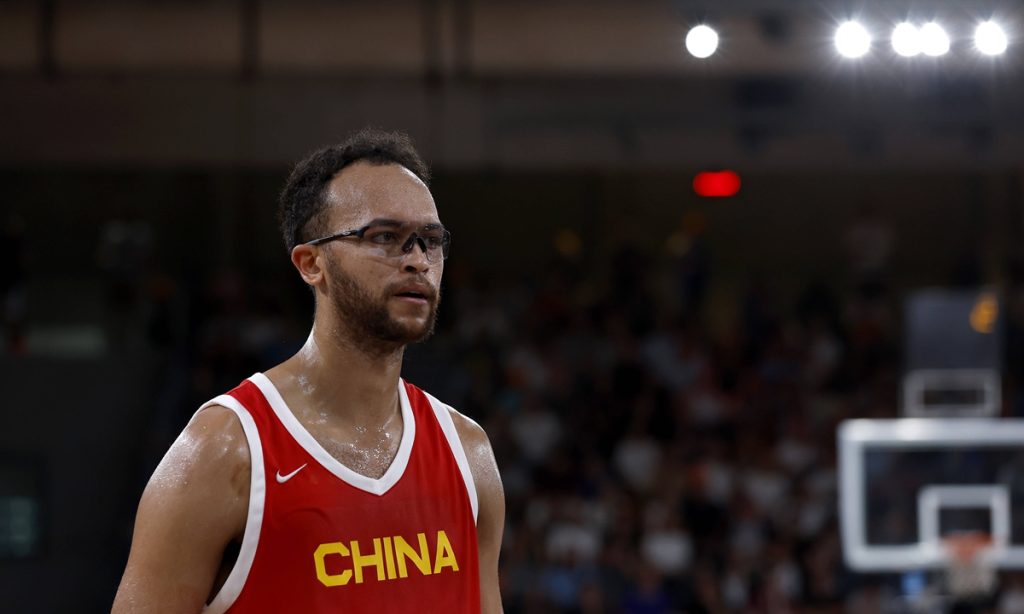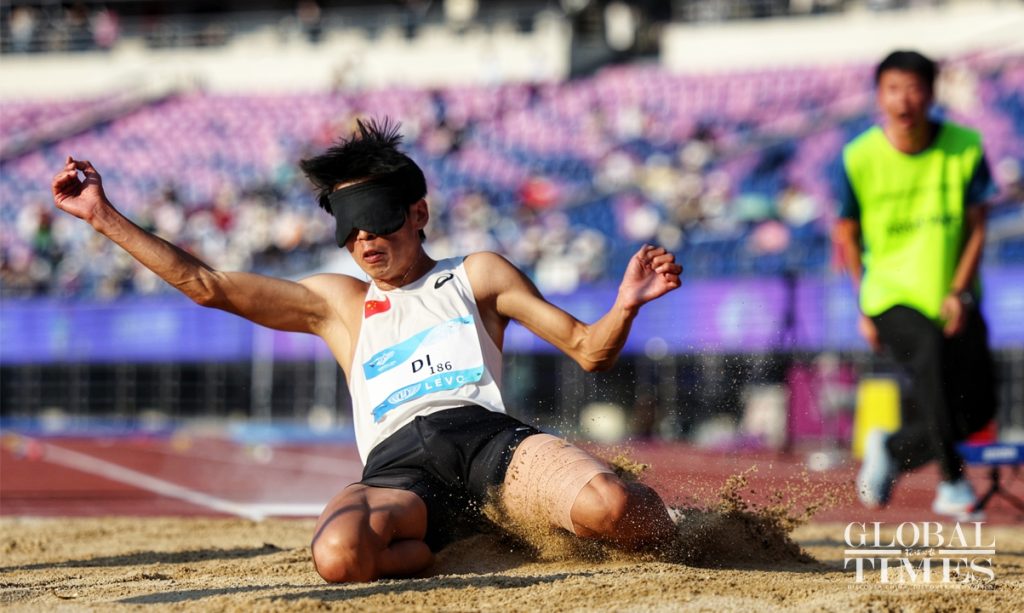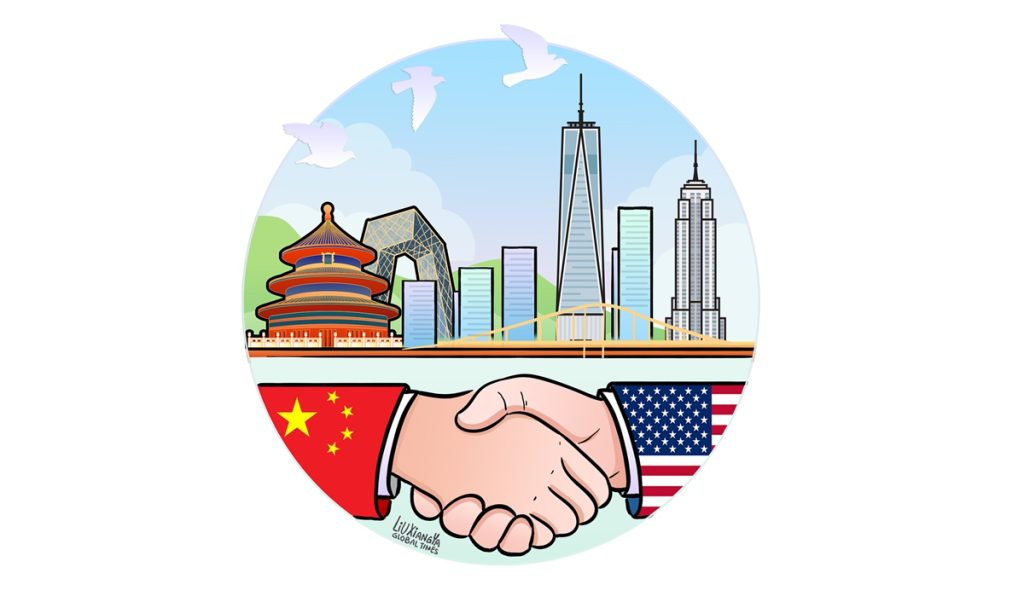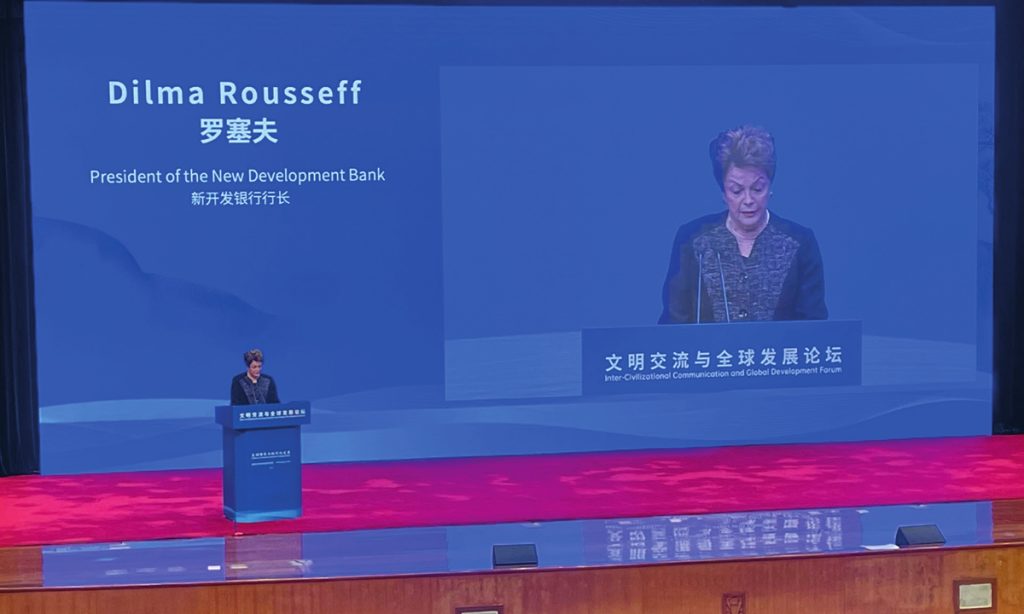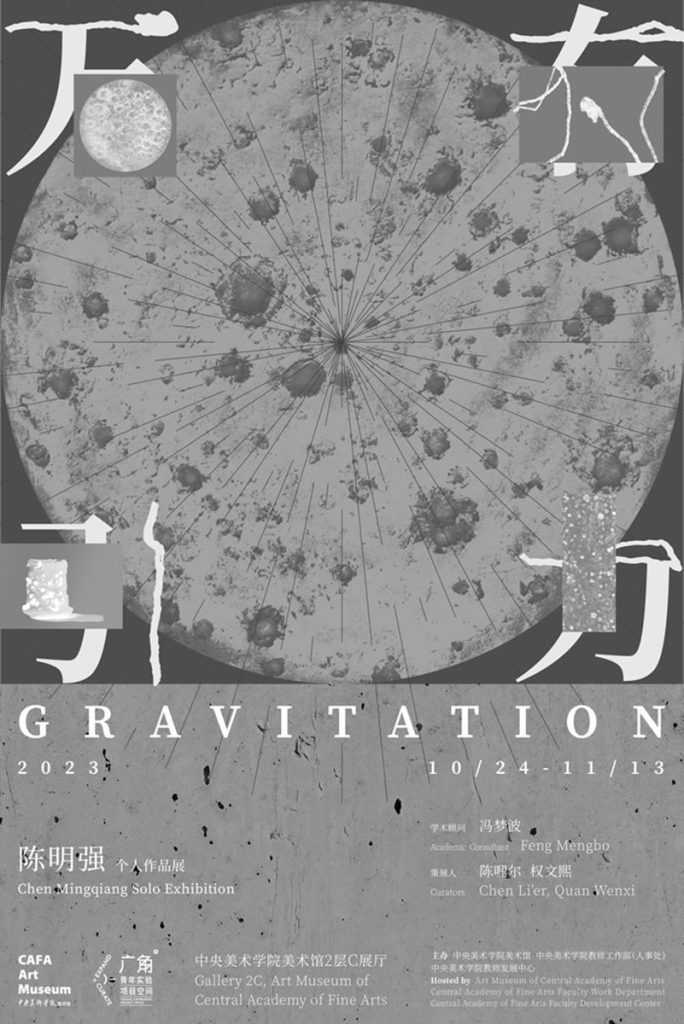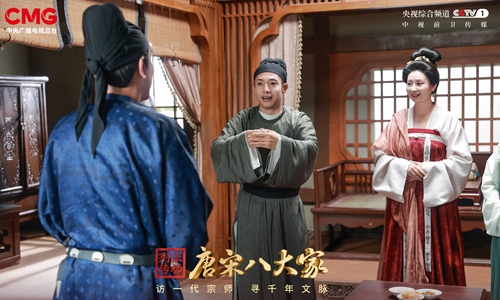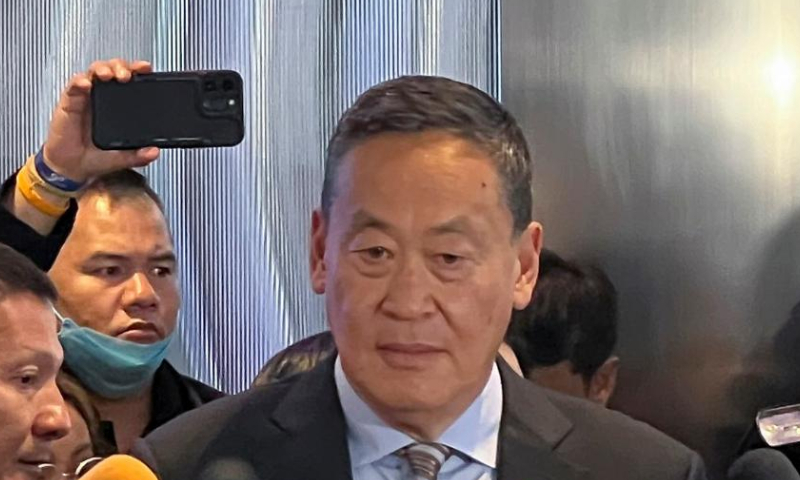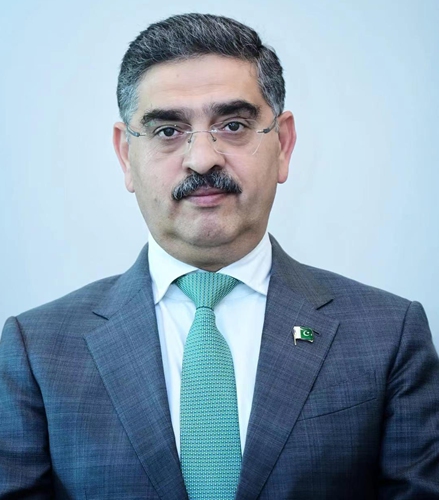Currently, a great sporting event that is distinctly Chinese, uniquely Asian, and very spectacular is being staged in Hangzhou, capital of East China's Zhejiang Province.
China has made history by hosting the Asia Games for the third time, bringing the country's eye-catching organizational and sporting capabilities to the world's attention.
Attending the opening ceremony of the 19th Asian Games and declaring it open, hosting a welcome banquet for the invited international dignitaries gathering in the scenic city, and holding bilateral meetings with leaders of six foreign countries and the heads of two international organizations, Chinese President Xi Jinping spent a period of tightly scheduled time that had witnessed substantive outcomes at the Asian Games in Hangzhou.
Since his youth, Xi has been an ardent sports fan. As a teenager, he played soccer and practiced skating. After he began to work, he maintained his habit of swimming and hiking, enjoyed the games such as volleyball, basketball, tennis, and wushu, and he would even stay late to watch televised sports programs.
As the leader of a large country, Xi clearly understands the constructive role sports play in global governance. From the Beijing Winter Olympics in 2022 to the Chengdu FISU World University Games (Chengdu FISU Games) held from July 28 to August 8, 2023, and now the ongoing Hangzhou Asian Games, under Xi's guidance, China has overcome challenges such as the COVID-19 pandemic and presented the world with several splendid sporting events, fulfilling its commitments, demonstrating the confidence of a responsible major country, and also highlighting China's proposition in promoting the building of a global community of shared future..
As a sports enthusiast, Xi often takes sports as a bridge to actively promote peace, unity, and inclusivity both domestically and internationally.
At the same time, the sentiments held by China's national leaders vis-a-vis sports have always carried the dream of national prosperity and rejuvenation. Xi attaches great importance to and care for China's sports development, repeatedly encouraging Chinese athletes to strive for excellence while paying equal attention to promoting national fitness.
Following Xi's footsteps in sports, officials of international sports organizations, his old friends, and athletes who had interacted with Xi, highlighted Xi's sporting aspirations when speaking with the Global Times. According to them, for Xi, sports are not only his personal passion but also the most genuine approach to building a common world, promoting people-to-people connectivity, and creating a stronger and healthier China.
Practitioner of Olympic Spirit
President Xi is an important partner of the global Olympic Movement, International Olympic Committee (IOC) Vice President Juan Antonio Samaranch Jr. said in Hangzhou on the sidelines of the Games on Monday, Xinhua News Agency reported.
"His commitment, his support to sport and the role that sports and Olympics can play for the youth, for the entire society, I think, is what I would take as most important," said Samaranch Jr..
China has always attached great importance to the development of sports, and actively participated in international Olympic affairs, Xi said when meeting with IOC President Thomas Bach in Hangzhou on Friday.
In the face of severe challenges brought by the unprecedented changes unseen in a century and the COVID-19 pandemic, the IOC has stayed true to its original aspirations and played a unique role in safeguarding the world peace and development and promoting unity and progress of the humankind, Xi said.
Raja Randhir Singh, acting president of the Olympic Committee of Asia (OAC), told the Global Times during a news conference on Sunday that he was extremely impressed by the Hangzhou Asian Games, especially with the opening ceremony, the coordination between the OCA and the Games organizers, and the message of peace and inclusiveness conveyed by the Games.
"Asia is the only continent that can and is ready to host any games, anytime... It's incredible that China has hosted so many sporting events and that a city [Beijing] can host the Winter Olympics after the Summer Olympics," Singh said while answering a question from the Global Times during the news conference.
The Hangzhou Asian Games is an event of peace and harmony; we have to continue to face the future with our hearts together, and this is a call to the world, the OCA acting president said.
"China's interpretation and promotion of the new Olympic motto - Faster, Higher, Stronger, Together - is in line with the concept of building a global community of a shared future that Xi has proposed," said Huang Haiyan, a professor at the Shanghai University of Sport and director of the Shanghai Collaborative Innovation Center of Sports and Health Industry.
Through the decades, China has successfully overcome difficulties and hosted major international sporting events amid some hard times, in which China has also actively shared with the world the fruits of its sports development, noted Huang.
The Hangzhou Games reflects the profound cultural heritage and unique charm of Chinese culture, and further conveys China's genuine expectations for the world.
While in response to the global expectations upon China amid an era of profound changes witnessed across the world, the support and care of Chinese leaders as well as the hosting concepts of the sporting event also convey the development concept of a city or even the country.
The Beijing 2022 Winter Olympics was committed to its mission of hosting a "green, inclusive, open, and clean" Olympic Winter Games. The Chengdu FISU Games had adhered to the concept of being "green, smart, vibrant, and sharing" in its organization. And the concept of being "green, smart, economical, and ethical" has been a key element in the entire process of the preparation and hosting of the Asian Games.
Experts noted that this series of important sporting events, from the bidding processes to the preparation and hosting stages, have shown the bright prospects of Chinese modernization to the world.
Conveyor of China's friendship and goodwill
"In the letter that President Xi sent to us, he stressed that the Chinese government and people have full confidence in hosting a splendid Asian Games in Hangzhou. When we saw this grand event as promised, we felt immense excitement and pride inside. We also passed on the wonderful moments of the Asian Games to our friends in the US," David Chong, founder and president of the US-China Youth and Student Exchange Association, told the Global Times.
"Sport is a bond that promotes friendship among peoples," Xi said in a reply letter to the US-China Youth and Student Exchange Association and friendly personages from all walks of life in the US state of Washington in August 2023.
Over the past decade, on a variety of occasions at home and abroad, Xi has often taken sports, the universal language of all mankind, as a bridge to communicate with locals and convey China's friendship and goodwill to the world.
Chong was still proud that he had witnessed a Ping-Pong table, a gift that Xi sent to the students of Lincoln High School in Tacoma, Washington, during his visit to the US in 2015, on prominent display at the school.
During the stop, while receiving from the students a football and a personalized jersey bearing his name and emblazoned with "No.1" on the back, Xi gave the students gifts in return and kindly invited them to visit China. "Through travel, you will know China better, and hopefully you will like China," Xi said.
"Before President Xi's visit, table tennis was not the most popular sport in Lincoln High School. After that visit, many schools in the US started to organize varsity table tennis teams," Chong said excitedly. "Currently, table tennis is becoming more and more popular in the US, and I believe this momentum will continue."
During his visit to the IOC headquarters in Switzerland in 2017, Xi presented the committee with a stunning piece of Suzhou embroidery artwork. This masterpiece depicted ancient Chinese women engaging in cuju, the earliest form of soccer. The artwork symbolizes the cultural exchange and mutual learning fostered by the universal language of sports.
During that visit, IOC President Bach said, "President Xi is a true champion, and I want to give him a set of medals because he has a clear vision about the important role of sports in society and the importance of sports for education for the young people."
The China Table Tennis College (CTTC) Training Center in Papua New Guinea (PNG) is also another vivid example of China's friendly sports exchanges with other countries as having been supported by the Chinese leadership.
In November 2018, Xi visited the training center during his visit to PNG, where he watched PNG table tennis athletes training with their Chinese coach.
"I felt so honored and appreciative," 23-year-old PNG table tennis player Geoffrey Loi later told the Global Times when recalling Xi's visit to the training centre.
Xi has paid great attention to and support sports projects, including the Ping-Pong training center in PNG, that can promote exchanges between China and other countries, said Ren Jie, executive deputy head of the CTTC. "With the foundation of Ping-Pong, we hope to further promote people-to-people exchanges, especially the exchanges between young people," Ren told the Global Times.
"Sports play a unique role in serving China's overall diplomacy," Huang told the Global Times. "They have injected a lot of new vitality into the major-country diplomacy with Chinese characteristics, and have enriched China's head-of-state diplomacy."
Taking sports as a bond, China has expanded its "circle of friends" and demonstrated its strong sense of responsibility in sports fields as a major country in the world, Huang said.
Driver for building a sporting powerhouse
"Sports set the stage for a stronger and more prosperous country," Xi said during a grand gathering at the 13th National Games in August 2017.
Xi has always cared greatly about the training, growth, and development of China's young athletes. At major sporting events such as the National Games, the Nanjing 2014 Summer Youth Olympic Games, and the Sochi 2014 Winter Olympic Games, Xi met with athletes from the Chinese delegation face to face, encouraging them to strive for excellence, and to support China's sports endeavors.
At the Chengdu FISU Games that concluded in August, China was at the top of the medal tally. "They deserve it because they prepared not only as an organizer, but all the Chinese student athletes prepared themselves to present the best performance in their home games," Leonz Eder, acting president of the FISU, told the Global Times in an earlier interview.
"I do believe that it's in the policy of China to promote elite sports among students as potential careers along with their conventional studies, but the government also encourages fitness among the larger population to maintain healthy lifestyles," said Eder.
In January 2022, when inspecting the preparatory work for the 2022 Olympic and Paralympic Winter Games in Beijing, Xi noted that the ultimate goal of building a sporting powerhouse and a healthy China is to enhance the public's health, fitness, and happiness. This aspiration is essential to China's wider endeavor to build a modern socialist country in an all-round manner.
In China, significant efforts have been made in recent years to promote a healthy living environment and to encourage individuals of all ages, including young people, students, and senior citizens, to adopt and maintain a healthy lifestyle.
President Xi emphasizes the importance of developing China into a leading sporting power, which covers many aspects, from the improvement of physical fitness and the overall health of people across the country, to the promotion of economic and social development of a region through hosting major sports events there, Huang noted.
By the end of 2022, China had 4.23 million sports venues covering a total area of over 3.7 billion square meters. More than 500 million people in China regularly exercise and over 90 percent of the whole population meets national physical fitness standards.
Currently, as the energetic spirit of the Hangzhou Asian Games continues to sweep across the country, observers believe that China will unleash a new era of sporting excellence following the Asian Games.
With its unwavering commitment to sports and the remarkable achievements thanks to Xi's leadership, China is poised to shine brightly as a formidable sports powerhouse on the global stage. The future of Chinese sports is undoubtedly filled with immense potential and endless possibilities.
